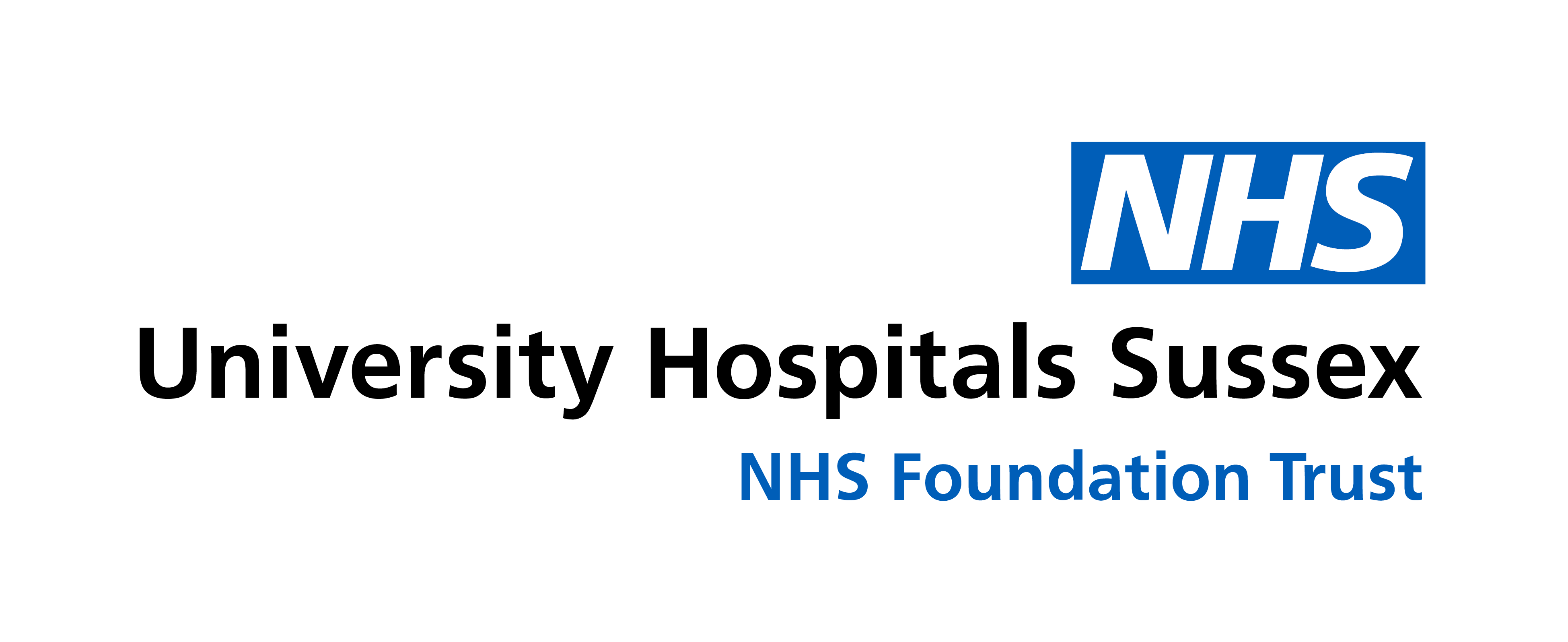 Mr Rogers is a BSUH trauma and orthopaedics consultant, academic lead in orthopaedics for HEE KSS, and honorary senior clinical lecturer at BSMS.
Mr Rogers is a BSUH trauma and orthopaedics consultant, academic lead in orthopaedics for HEE KSS, and honorary senior clinical lecturer at BSMS.
Library Matters: How does the library help you?
Ben Rogers: At numerous academic and professional levels. We teach medical students, and resources to support IRP projects have certainly been helpful.
At postgraduate level everything from journal club, simple audits, letters to journals, published work in all forms —in all facets we rely on the library an awful lot for getting an up-to-date, thorough handle on the knowledge and current evidence.
We don’t have the knowledge, expertise or time to do in-depth searches. We probably run a quick search of Medline and leave it at that, rather than a structured search of all the databases.
LM: Is there anything that has changed practice?
BAR: A recent systematic review on providing aspirin to prevent DVT after elective hip and knee replacement is going to change practice locally, regionally, maybe even more. One of our best IRP studies is a review of cost analyses in orthopaedics. It’s a very good overview on the lack of economic analysis. In the current financial climate, for a high volume speciality like ours, economic evidence for things we do is very important.
LM: How about supplying articles?
BAR: Yes, often on a very short, acute timescale. Not infrequently there’s a key paper we need for governance or to answer a clinical question. The library’s provided these numerous times and been very, very helpful.
LM: And is it useful to have a clinical librarian in the department?
BAR: Definitely. Every piece of work we publish has to have a good academic rationale, that comes from a decent literature review. I can see it snowballing.

